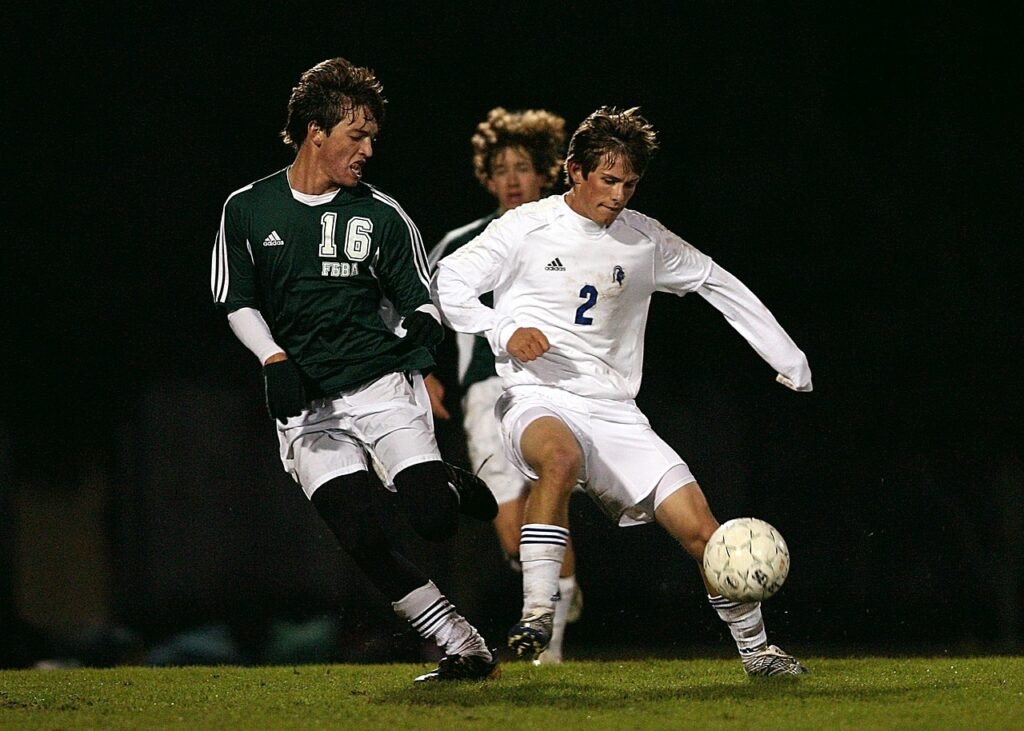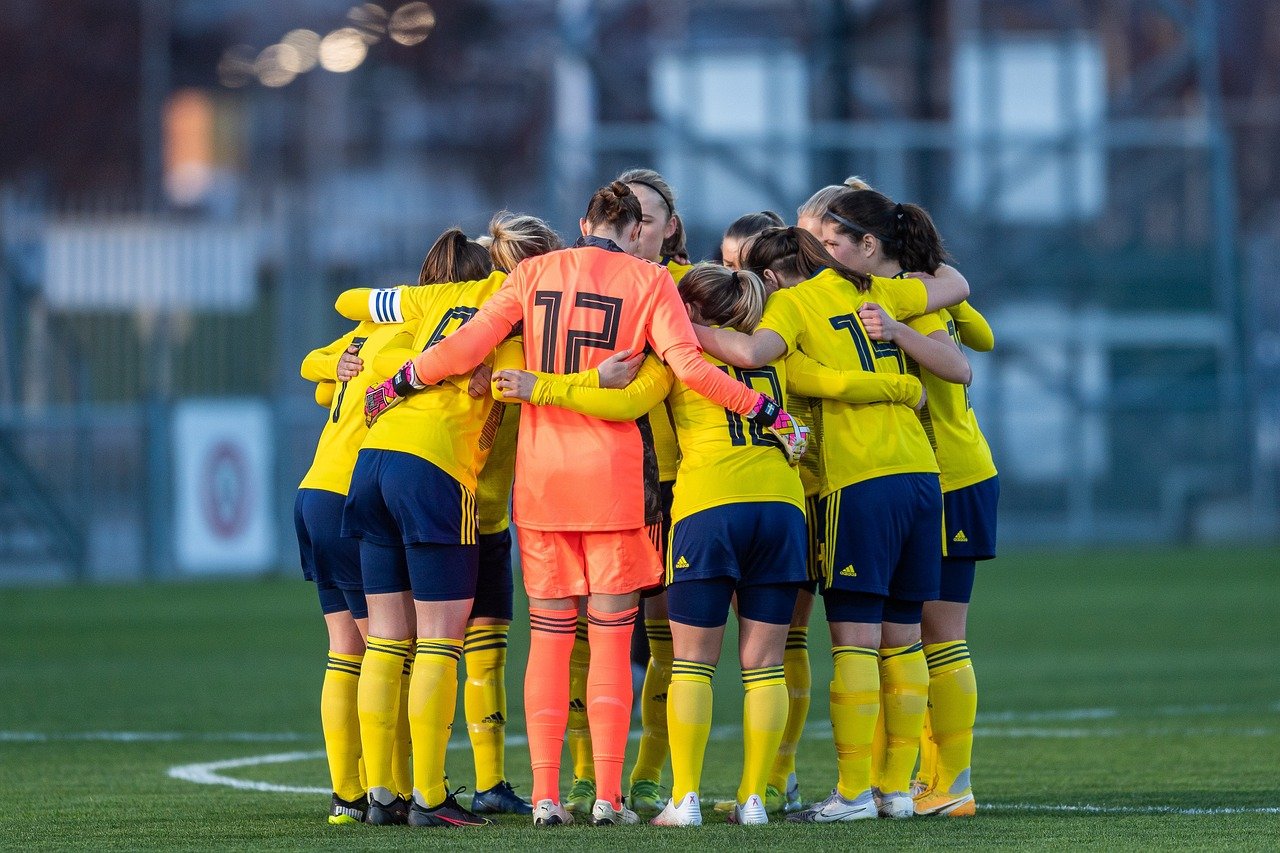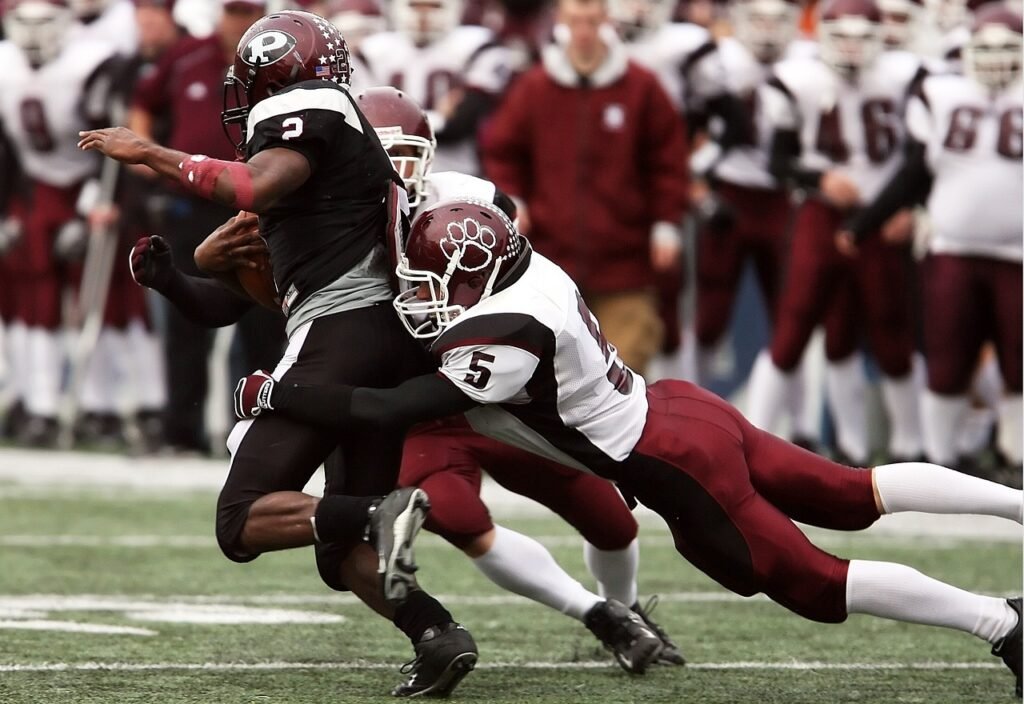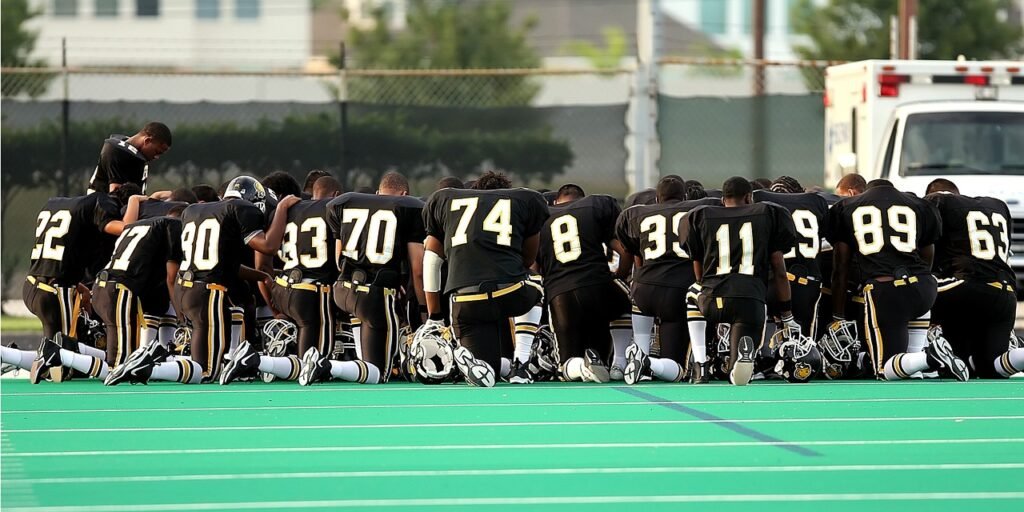The Spain national football team players have long been synonymous with skill, strategy, and success. From their golden era, which saw them lift the 2010 FIFA World Cup and win back-to-back UEFA Euro Championships in 2008 and 2012, to their current rebuilding phase and the bright future ahead, Spain’s footballing legacy is built on the talents of its players. This blog takes an in-depth look at the key figures who shaped Spain’s football dominance, the current stars driving their new era, and the rising talents who promise to lead them to future glory.
The Legends: Players Who Shaped Spain’s Golden Era
Iker Casillas: The Wall of Spain
For many football fans, Iker Casillas is not just a goalkeeper but a symbol of leadership, calm, and consistency. His presence in goal was crucial during Spain’s golden era, and his career is filled with remarkable achievements. As Spain’s captain, he led La Roja to their first-ever FIFA World Cup triumph in 2010 and was a central figure in their UEFA Euro wins in 2008 and 2012.
Nicknamed “San Iker,” Casillas was known for his incredible reflexes, agility, and composure under pressure. His penalty-saving heroics, especially in the 2008 Euro semi final against Italy, are legendary. His leadership extended beyond shot-stopping; he inspired confidence in his teammates.
With over 160 caps for Spain, Casillas became the embodiment of stability and excellence in goal, earning him multiple awards, including the FIFA World Cup Golden Glove in 2010. His retirement left a massive void, and while many have tried to follow in his footsteps, none have yet matched his level of influence.
Xavi Hernández: The Maestro of Midfield
Xavi Hernández is often regarded as the finest deep-lying playmaker in football history. His ability to control the game from midfield was unmatched, dictating the tempo of matches with his immaculate passing and vision. Xavi was the engine behind Spain’s famous “tiki-taka” style of play — a quick, short passing game that relied on technical mastery and spatial awareness.
During Spain’s golden era, Xavi was the heartbeat of the team. His ability to maintain possession, find open spaces, and provide defense-splitting passes allowed Spain to dominate midfield battles and overwhelm opponents. His career is decorated with honors, including three major international titles with Spain — Euro 2008, World Cup 2010, and Euro 2012 — alongside a stellar club career with Barcelona.
Andrés Iniesta: The Silent Magician
While Xavi orchestrated Spain’s midfield, Andrés Iniesta provided the magic. Known for his dribbling, close control, and ability to glide past defenders, Iniesta could unlock any defense with a moment of brilliance. He became a national hero when he scored the only goal in the 2010 World Cup final against the Netherlands, a moment etched forever in Spain’s football history.
Iniesta’s intelligence on the ball was extraordinary. He knew when to pass, shoot, and slow the game down. His understated style and quiet demeanor earned him the nickname “El Ilusionista” (The Illusionist), as he made the impossible seem easy on the field. Like Xavi, Iniesta played a pivotal role in Spain’s dominance during their golden era, winning Euro 2008, the 2010 World Cup, and Euro 2012. His legacy in football remains one of skill, humility, and unforgettable moments.
Sergio Ramos: The Warrior Leader
Sergio Ramos is the quintessential modern defender — aggressive, fast, and possessing a goal-scoring ability uncommon for center-backs. His leadership and defensive prowess were vital for Spain’s success during their golden period, particularly during the 2010 World Cup. He was fearless in defense, diving into tackles and winning duels, but also had the ability to play the ball out of the back, fitting seamlessly into Spain’s possession-based style.
Ramos had a habit of scoring important goals. Whether from a corner or a set piece, he delivered in big moments, cementing his reputation as a clutch player. His resilience, mentality, and will to win made him the perfect leader for Spain, taking on the captain’s armband following Casillas’ retirement. While Ramos’ fierce playing style may have earned him criticism, his undeniable greatness and contributions to Spain’s golden era are beyond question.

David Villa and Fernando Torres: The Lethal Duo
David Villa remains Spain’s all-time top goal-scorer, and his contributions to Spain’s Euro 2008 and World Cup 2010 victories were invaluable. Known for his lethal finishing, Villa was a clinical striker who could score from anywhere on the pitch. His ability to find the back of the net in crucial moments was vital in Spain’s transformation into a world football powerhouse.
Fernando Torres, on the other hand, provided a different dynamic to Spain’s attack. Torres was known for his pace, strength, and ability to terrorise defenders. Though he struggled with injuries and form during his club career, he delivered in major tournaments for Spain, notably winning the Golden Boot at Euro 2012.
Together, Villa and Torres formed a formidable attacking partnership that helped Spain end decades of underachievement in international football.
The Present: Key Players in the Current Spain Squad
Pedri: The Next Xavi?
Pedri has quickly become the face of Spain’s next generation of talent. Known for his calmness on the ball, incredible vision, and mature understanding of the game, the young Barcelona midfielder has already drawn comparisons to Xavi Hernández. At just 21 years old, Pedri has established himself as a key player for both club and country.
His performances at Euro 2020, where he was named the Young Player of the Tournament, showcased his extraordinary talent. Pedri’s ability to dictate play from midfield, combined with his tactical intelligence and work rate, makes him an indispensable part of Spain’s future. As he continues to develop, Pedri could lead Spain to future success and fill the massive shoes left by Xavi.
Gavi: The Young Sensation
Gavi, another product of Barcelona’s famous La Masia academy, has burst onto the scene with his aggressive style and technical brilliance. Despite his youth, Gavi plays with remarkable maturity, often outshining more experienced opponents with his fearless tackling and energy.
His partnership with Pedri in Spain’s midfield has already drawn attention, and many see them as the successors to the legendary Xavi-Iniesta duo. Gavi’s relentless work rate, combined with his technical skill, makes him a player to watch as Spain transitions into a new era.
Rodri: The Midfield Engine
Rodri, currently a key player for Manchester City, has become a vital cog in Spain’s midfield. With his tactical intelligence, physicality, and versatility, Rodri excels in both defensive and deep-lying playmaker roles. He has the ability to break up opposition attacks, dictate the tempo of the game, and provide cover for his defenders.
Rodri’s importance to the Spain national team was evident in his performances during Euro 2020, where he played a pivotal role in controlling the midfield. As Spain continues to evolve tactically, Rodri’s versatility and leadership will be crucial.
Unai Simón: Spain’s New Goalkeeping Hope
Following in the footsteps of Iker Casillas is no easy task, but Unai Simón has emerged as Spain’s go-to goalkeeper in recent years. His performances at Euro 2020, including his penalty shootout heroics against Switzerland, cemented his place as Spain’s No. 1.
While Simón has faced occasional criticism for errors, his shot-stopping ability and composure in high-pressure situations make him a valuable asset. At just 26 years old, Simón still has time to develop into one of the world’s best goalkeepers.
Álvaro Morata: The Striker’s Burden
Álvaro Morata’s career has been a story of ups and downs. Known for his movement off the ball and ability to score crucial goals, Morata has often been criticised for his inconsistency in front of goal. Despite this, he remains a vital part of Spain’s attack, as evidenced by his performances during Euro 2020, where he scored key goals to lead Spain to the semifinals.
Morata’s resilience in the face of criticism speaks to his mental strength, and his ability to perform under pressure will be key to Spain’s success in upcoming tournaments.
Dani Olmo and Ferran Torres: Wingers to Watch
Dani Olmo and Ferran Torres represent Spain’s exciting new generation of wide players. Olmo, known for his creativity, dribbling, and ability to unlock defences, has become a crucial player for Spain, especially in attack. Ferran Torres, on the other hand, offers a clinical edge in front of goal, often drifting inside from wide positions to score.
Both players bring versatility and unpredictability to Spain’s forward line, offering different attacking options depending on the opposition. Their development will be key as Spain looks to build a dynamic and potent attack for future tournaments.
The Future: Emerging Talents in Spanish Football
Nico Williams: The Speedster
Nico Williams is one of the most exciting young talents in Spanish football. With his lightning pace, dribbling skills, and creativity, the Athletic Bilbao winger has quickly earned a place in Spain’s senior squad. His ability to take on defenders one-on-one makes him a potent attacking threat.
Williams has the potential to become a key player for Spain in the coming years, and his performances at club level will be closely watched as he develops into a top talent.
Alejandro Garnacho: The Future Star
Alejandro Garnacho, another promising talent, has made waves in Manchester United’s youth setup. His technical ability, speed, and goal-scoring instinct make him one to watch for Spain’s future. At just 19 years old, Garnacho has already shown glimpses of his potential, and as he gains more experience at the highest level, he could become a key figure for Spain.
Conclusion
The Spain national football team players have a rich history marked by legendary figures and thrilling moments. From Iker Casillas and Xavi to the current stars like Pedri and Gavi, Spain’s footballing journey continues to evolve. As new talents emerge and established players continue to shine, the future looks bright for La Roja. With a mix of experience and youthful exuberance, Spain aims to reclaim its place at the pinnacle of international football, and the talents of today will play a pivotal role in shaping that future.






